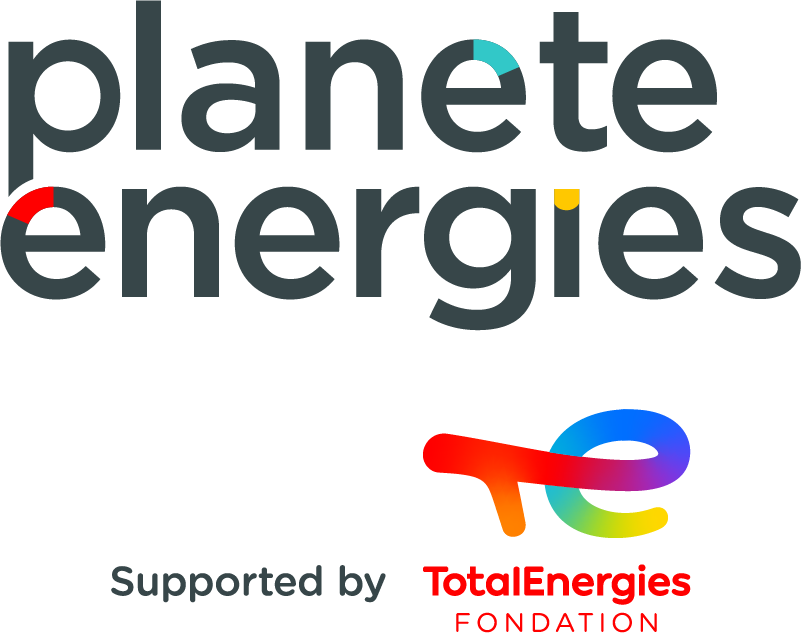What Different Types of Energy Can Be Used for Heating?
5 min read
There are many ways to a building, from , oil and gas to wood, solar thermal technology and heat pumps. The hard part is choosing the right solution to reduce both your energy bill and pollution.
What Different Types of Energy Can Be Used for Heating?
1. Electricity
Electricity can be used to
hot water tanks, some boilers and radiators that heat air through convection, i.e., by circulating warmer air.
2. Fuel Oil
Produced from oil and therefore non-renewable, fuel oil can be used to fire certain boilers. The heat is produced by burning fuel oil stored in a tank. It is often used for individual homes, in rural areas that are not connected to the public gas network.
3. Natural Gas
This non-renewable fossil fuel is naturally found in the Earth’s crust. It is used to power urban heating networks and various types of boilers and hot water tanks.
4. Wood
Wood in the form of logs or pellets is burnt in boilers and stoves. It is the least expensive fuel, but also the most cumbersome.
5. Solar
Solar energy is recovered by panels, which send it as heat to hot water tanks or a central heating network. Since sunshine is intermittent, an additional source of heating is often necessary.
6.
via heat pumps
Using sensors buried in the ground, heat pumps harness the Earth’s heat to power radiators or underfloor heating systems.
7. Air source via heat pumps
This means collecting heat from air outdoors and either releasing it directly into the air indoors with an air-to-air heat pump or into water in radiators with an air-to-water heat pump.
Summary: Energy types used for heating: electricity, fuel oil, natural gas, wood, solar, geothermal, air source.
View more videos here


















